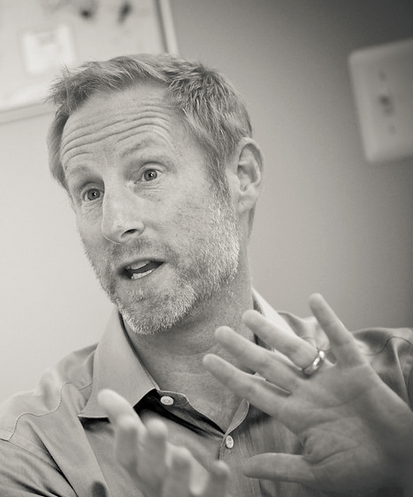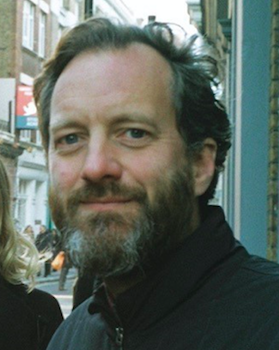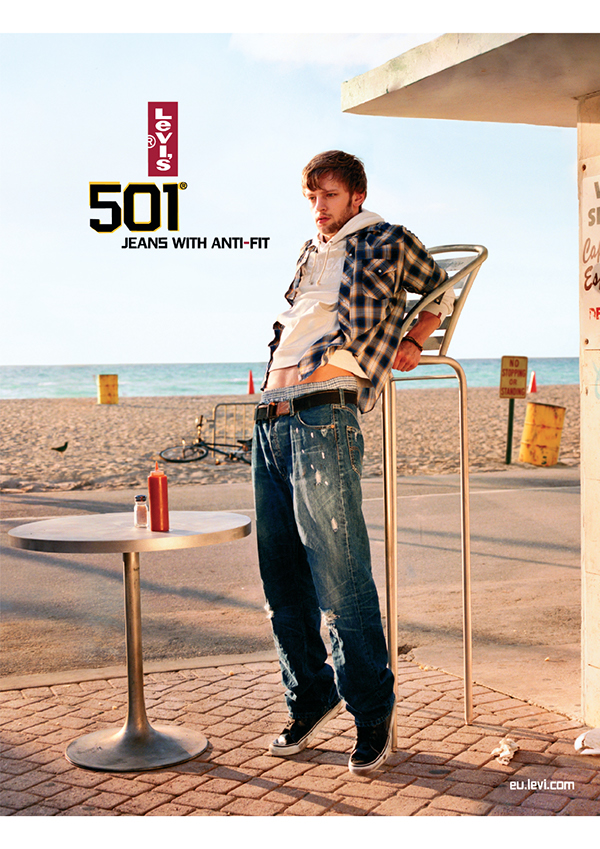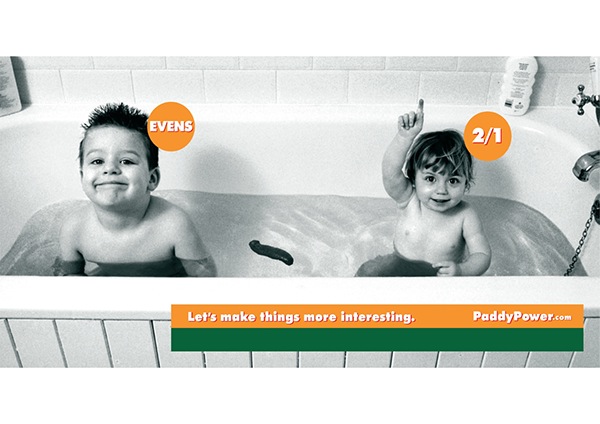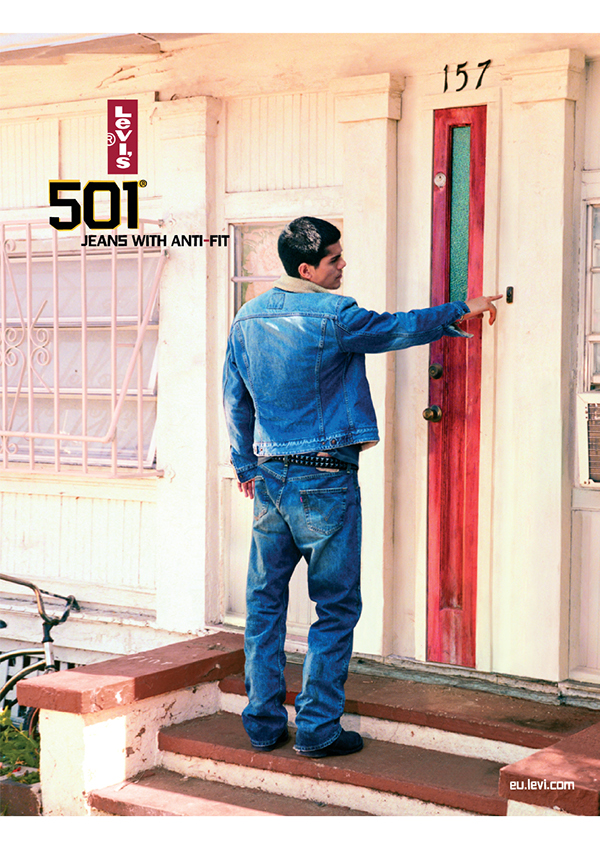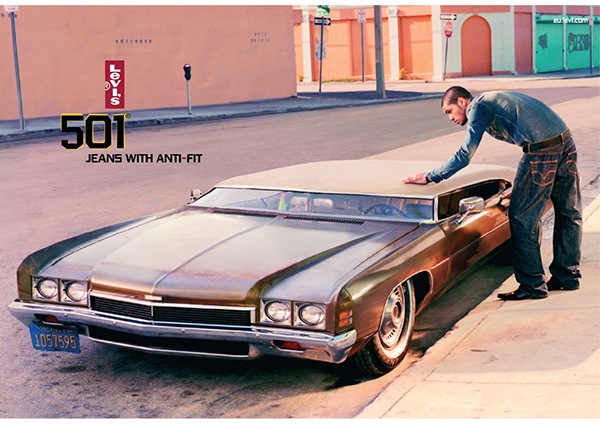Is confidence a preference?
Here’s an interesting article.
It talks about the confidence gap between men and women. Here are some of the more interesting findings:
Half the female respondents reported self-doubt about their job performance and careers, compared with fewer than a third of male respondents.
Men initiate salary negotiations four times as often as women do, and when women do negotiate, they ask for 30 percent less money than men do.
A review of personnel records found that women working at HP applied for a promotion only when they believed they met 100 percent of the qualifications listed for the job. Men were happy to apply when they thought they could meet 60 percent of the job requirements.
When Estes had the students solve a series of these spatial puzzles, the women scored measurably worse than the men did. But when he looked at the results more closely, he found that the women had done poorly because they hadn’t even attempted to answer a lot of the questions.
In a study he published in 2011, men consistently rated their performance on a set of math problems to be about 30 percent better than it was.
True overconfidence is not mere bluster. Anderson thinks the reason extremely confident people don’t alienate others is that they aren’t faking it. They genuinely believe they are good, and that self-belief is what comes across. Fake confidence, he told us, just doesn’t work in the same way.
Perfectionism is another confidence killer. Study after study confirms that it is largely a female issue, one that extends through women’s entire lives. We don’t answer questions until we are totally sure of the answer, we don’t submit a report until we’ve edited it ad nauseam, and we don’t sign up for that triathlon unless we know we are faster and fitter than is required.
The more senior a woman is, the more she makes a conscious effort to play down her volubility—the reverse of how most men handle power.
So when it comes to confidence, men simply have more than women, and that gives them/us a ridiculous advantage in many areas of life.
Those of you who have yet to read the article might be wondering why this is. The ultimate reason is testosterone: men have ten times more of it than women do. That makes men faster and stronger but it also makes us more inclined to take risks. Sometimes this can result in problems caused by overconfidence. Look at how many of these feature men:
https://www.youtube.com/watch?v=HRVRarCipxI
But overall, in most everyday situations, the extra confidence seems to be a help rather than a hindrance.
There’s also the anterior cingulate cortex – the part of the brain that helps us recognize errors and weigh options. It’s bigger in women because, as the historical nurturers and protectors, they have to be more aware of possible threats.
Then the whole thing becomes self-fulfilling: boys start to take risks and behave in a more knockabout manner from an early age. Girls then socialise and assimilate societal norms more readily, but then they don’t put themselves forward as much as men do. Confidence breeds confidence, and the ability to skim past setbacks is very useful if you want to get ahead. Try for three jobs you’re not quite qualified for and you might get one. Try for zero and you’ll probably get zero.
So what I’m saying is that this isn’t a sexist impression borne out by mere anecdotal evidence; this is chemical, measurable, real and utterly pervasive (although I should add that of course very confident women do exist; they’re just rarer than their male counterparts).
But one could reasonably argue that we prize confidence because men have been ‘in charge’ for so long that they’ve bent the world to become an environment that prizes the very thing they’re good at. It stands to reason that people tend to value the things they’re good at more highly than the things they’re crap at – partly because you could probably make a case for the primacy of pretty much any character trait if you were so minded (for proof of this, try reading the ‘description’ of characteristics of any star sign and see how they’re all somewhat positive). That means the world has been set up for men to succeed over women, and it’s been the case for so long that we now see male characteristics as ‘good’ because they are exactly what you need to succeed in so many of today’s situations.
We could instead have created a world where thoughtfulness and caution are thought to be the best attributes. There are certainly many instances where they do come in handy, but we also tend to see them as weaknesses. And nowhere is this more prevalent than in business, where you could say that the current way of doing things is a version of traditionally male territories, such as war. Companies work out how to ‘destroy’ the competition with a ‘campaign’ where you ‘take no prisoners’. It’s spoken of as a form of conflict when it could easily be discussed in completely different terms. Why can’t business be a collaboration, where we see how the greatest goals can be achieved together?
This became more of a problem for women when they were allowed to leave the domestic world and enter the offices and cubbyholes of BUSINESS. That was all well and good, but they started to play a game designed by men for men, leaving them at a disadvantage. When a manager assesses a woman and decides that she is not ‘assertive’ or ‘confident’ enough, that’s partly because she wasn’t designed to be. But instead of recognising and appreciating those differences, we use them as a badge of failure. Rare is the assessment of a man that complains of his lack of caution, even though this might be a deep and problematic failing. The rules were unconsciously written over hundreds of years and we now think they’re simply a set of universal truths.
This may be why, in industries where front and bluster can take you a long way, men are more often at the top. In advertising I’d argue that the reason creative department leadership is far more likely to be male is down to this testosterone factor: when you’re building a career as a creative it is very helpful to present your work with confidence because no one really knows for sure if your idea is brilliant or not. Then that confidence breeds confidence in the people you’re talking to (usually men) and may lead to the work getting through a client more easily, then finding a better director (usually a man). Do that enough times and you’ll be a CD, then an ECD. Then the snowball starts rolling down the hill: confident people (men) are likely to be attracted to other confident people (other men) and before you know it, 75% of creative departments are male, as are 89% of creative leaders.
But doesn’t that mean we’re going to lose a huge amount of valuable input? I’ve worked at agencies where the conversation, often amongst 10-15 people, moves fast, and at a high level of quality. If you want to join in you need a bit of bravery to think your words are worthy of interrupting those of the other people in the room. But if you don’t have that bravery others might well be thinking that you’ve got nothing good to say, otherwise you’d surely be saying it. They’re less likely to be thinking: ‘Oh, of course: as a result of various evolutionarily-inspired chemicals, Person X is too timid to jump in to this intimidating mixture of jokes, opinions and decisions. Let’s slow down and ask what’s on their mind’. I mean they might be thinking that, and in an effective company those moments of inclusion do happen, but they’re very much the exception rather than the rule.
Here’s another factor: confidence isn’t only down to gender. I’ve certainly been in situations where I’ve been worried about speaking for fear of looking stupid, and I know certain of my male bosses have felt the same. Confidence can come and go from moment to moment, situation to situation, dynamic to dynamic. Put a male CCO in a room with teenagers discussing the latest Childish Gambino tracks and his front might melt faster than an ice cube in Death Valley.
So are we OK with missing out on a bunch of good stuff from the less confident minds in the room, or are we going to find ways to be more inclusive? Or to prize caution and thoughtfulness? Should we have a formalised system of pauses to go around the room and scoop up any unsaid words of wisdom? That might work, but I think you’ll still get people who won’t want to speak up simply because there’s now a spotlight on their face.
The real solution is to go upstream and find ways to make less confident people more comfortable with speaking up and more inclined towards the value of what they have to say, and to think about the benefits that come from less strident characteristics. The kicker is that increasing confidence takes practice: the more times you jump off a diving board the less scary it becomes, but of course that means you still have to do it the first time, even if it scares you to death. But the other path, the one where we become more considerate, is surely easier, even if we think it’s a bit odd at first.
If we start nudging things in the direction of inclusivity and compassion, maybe the snowball will stop rolling down the hill – it might even start rolling in the opposite direction. It’s going to take effort, awkwardness and being OK with those two things, but think of how much better things might be as a result.
